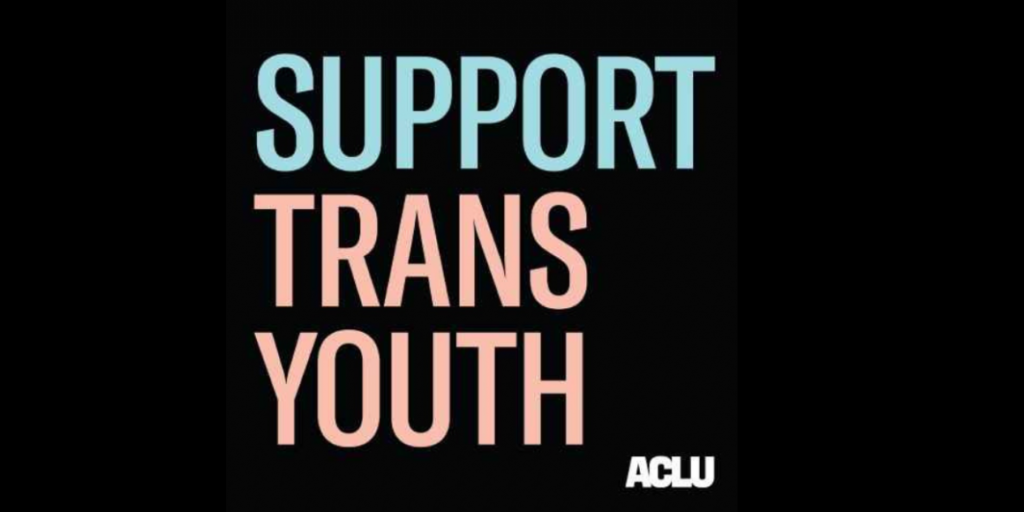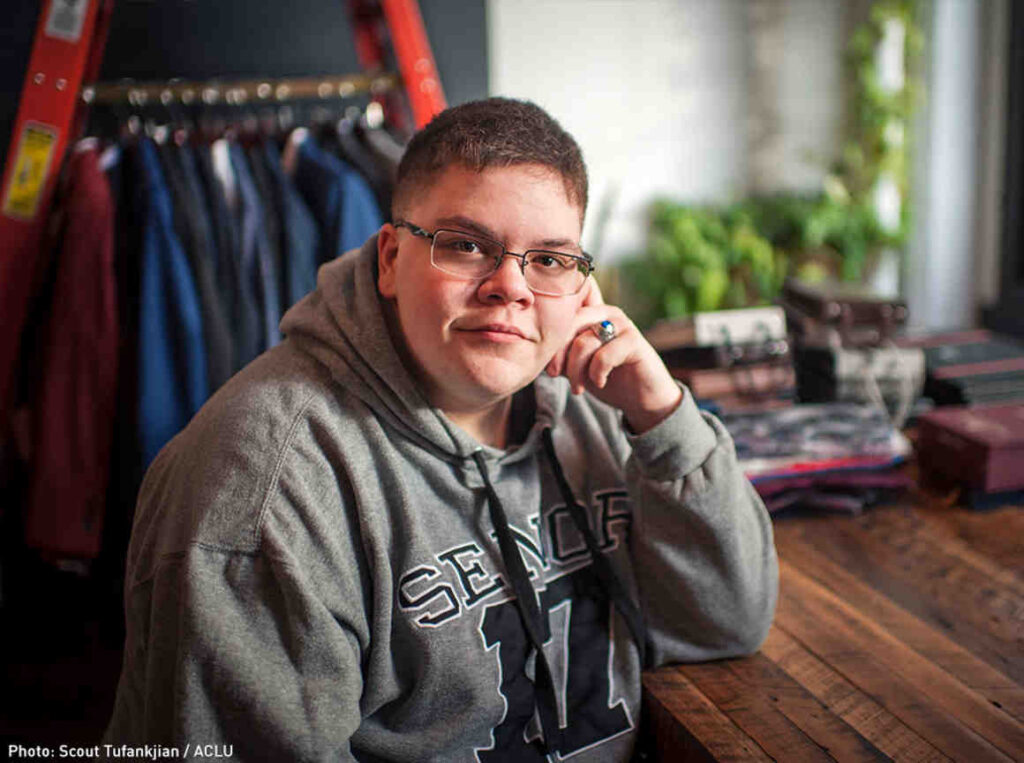Supreme Court in favor of trans student Gavin Grimm
The Supreme Court declined to hear Grimm v. Gloucester County School Board, allowing lower court decisions in support of transgender students to stand.
This is major victory for the trans community, since the decision upholds a lower court’s decision supporting trans and nonbinary students’ rights to use bathrooms and other facilities that match their gender identity.
The U.S. District Court for the Eastern District of Virginia and the U.S. Court of Appeals for the Fourth Circuit have both ruled that the school board violated Title IX and the Equal Protection Clause by prohibiting Grimm from using the same restrooms as other boys and forcing him to use separate restrooms.

The Supreme Court was scheduled to hear Grimm’s case at an earlier stage of the litigation in 2017, but the case was sent back to the lower courts after the Trump administration withdrew the government’s support for Grimm’s claims. Since that time, three federal appeals courts have ruled that discriminatory restroom policies like the one in Grimm’s high school violate Title IX and the Constitution, and another two appeals courts have rejected claims that policies like the one Grimm seeks here — which would allow transgender students to use the restrooms — infringe on anyone else’s privacy. The Department of Justice and Department of Education have affirmed these court decisions with recent actions in cases involving transgender youth.
Grimm’s claims are supported by recent research from GLSEN, which shows 45% of trans students are afraid to use the restroom at school.
This victory for Grimm also comes at a time when transgender rights are being threatened across the country. Just last week, Tennessee government attempted to introduce a law that would require businesses and other entities that open their facilities to the public and allow transgender people to use the restroom that matches their gender to post a government-prescribed warning sign.
State governments have also been attempting to prevent trans youth from participating on sports teams, and just last week the ACLU filed suit on behalf of two trangender women who were denied gender-affirming healthcare under Georgia Medicaid. Grimm’s victory proves that the voices of the trans community are finally starting to be heard.
“I am glad that my years-long fight to have my school see me for who I am is over,” said Grimm. “Being forced to use the nurse’s room, a private bathroom, and the girl’s room was humiliating for me, and having to go to out-of-the-way bathrooms severely interfered with my education. Trans youth deserve to use the bathroom in peace without being humiliated and stigmatized by their own school boards and elected officials.”
Josh Block, senior staff attorney with the American Civil Liberties Union LGBTQ & HIV Project, stated: “This is the third time in recent years that the Supreme Court has allowed appeals court decisions in support of transgender students to stand. This is an incredible victory for Gavin and for transgender students around the country. Our work is not yet done, and the ACLU is continuing to fight against anti-trans laws targeting trans youth in states around the country.”






